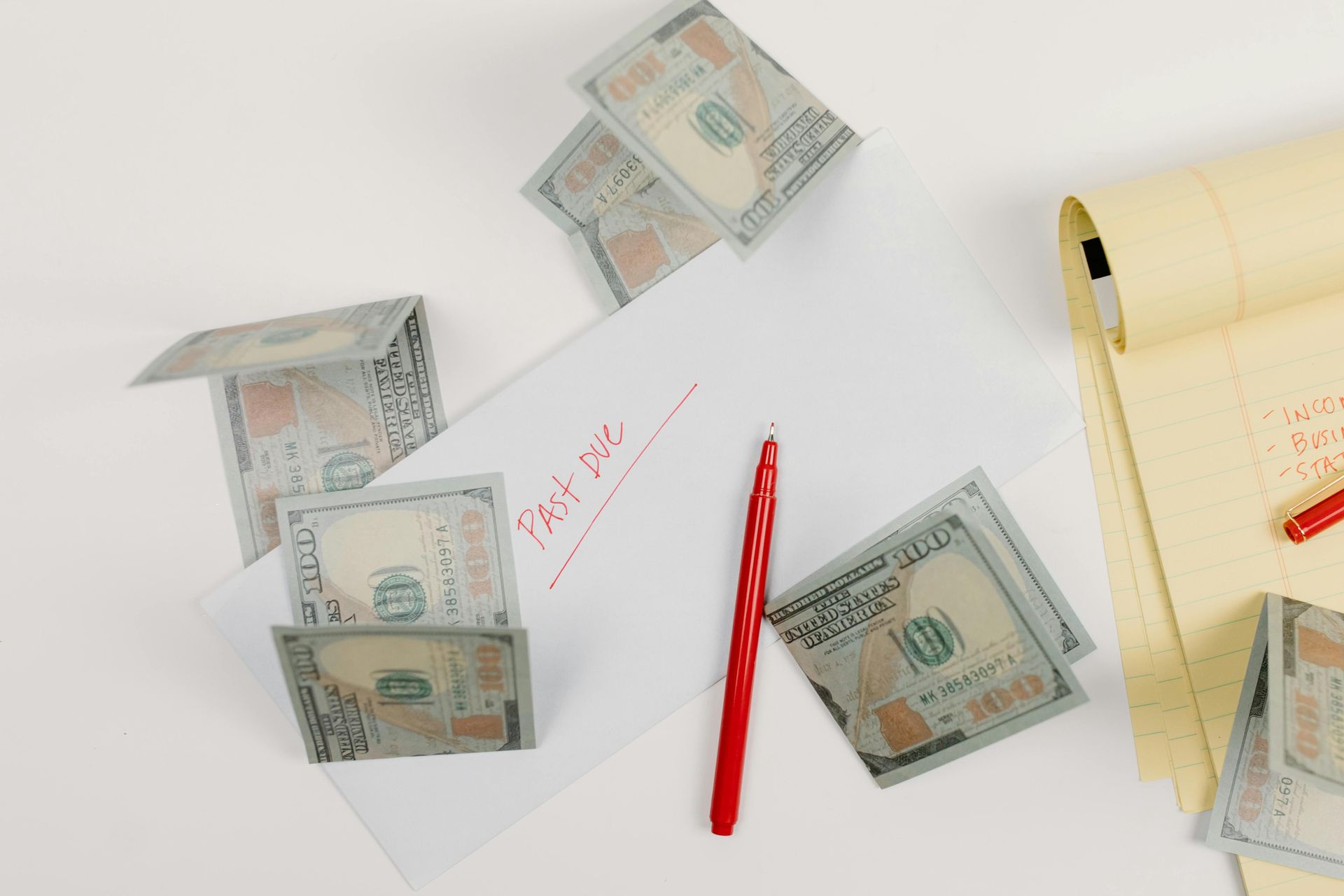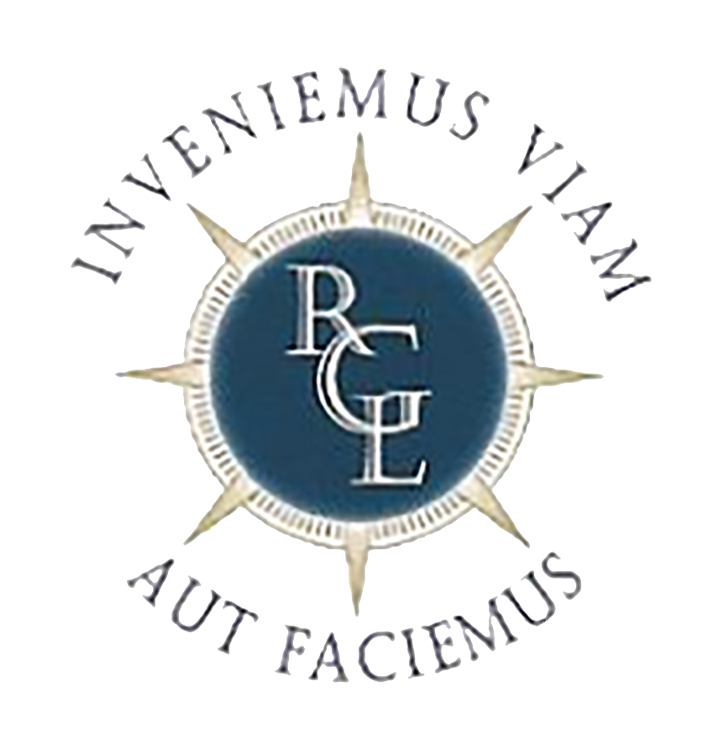When You Become a Creditor

Someone owes you or your business money, you try to collect, and then it happens – an official notice from the Bankruptcy Court that you are now a creditor in their bankruptcy. How do you react? What are your rights? What can you do?
First, do not try to contact the debtor. It is a violation of federal law to contact a debtor directly. A bankruptcy trustee, an employee of the Court, will be handling all inquiries about the debtor’s finances. Read the notice carefully, paying special attention to the amount you are owed. If it is incorrect, you will need to file a Proof of Claim. The form for doing so is available on the Bankruptcy Court’s website, https://www.njb.uscourts.gov.
Next, determine what kind of bankruptcy has been filed. The notice will specify whether it is a Chapter 7, a Chapter 13, or a Chapter 11.
If it’s a Chapter 7, the notice will specify if there are any assets. If there are, the Trustee will attempt to liquidate these assets to pay the creditor. If there are assets, there’s nothing for you to do except wait for the Trustee to send you a check. If, however, there are no assets, there’s nothing for you to do because you will not be getting paid. The debt will be discharged in favor of the debtor.
Chapters 11 and 13 bankruptcies are reorganizations of debt rather than liquidations. The good news here is that you will be paid something, but it will take time. In these bankruptcies, debt is paid out of the debtor’s current income over a period of three to five years. Payments are made monthly to the Trustee, who disburses them to the creditors. You may receive small amounts over the three to five year period, but you will be paid some, or sometimes all, of your outstanding balance.
